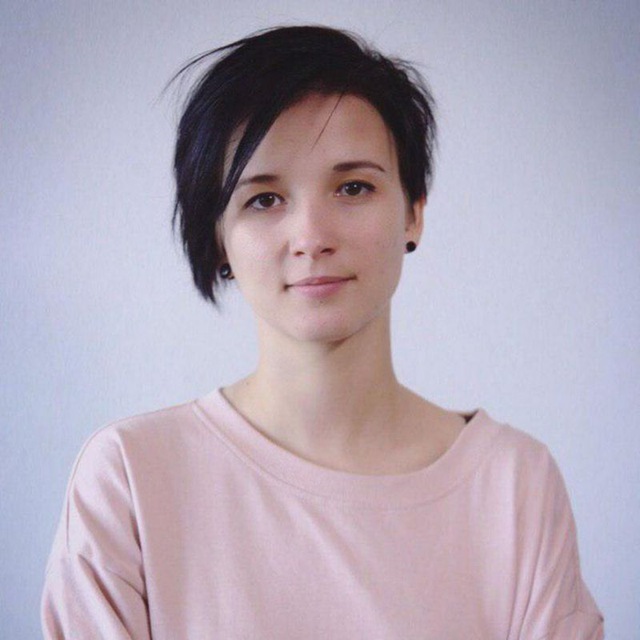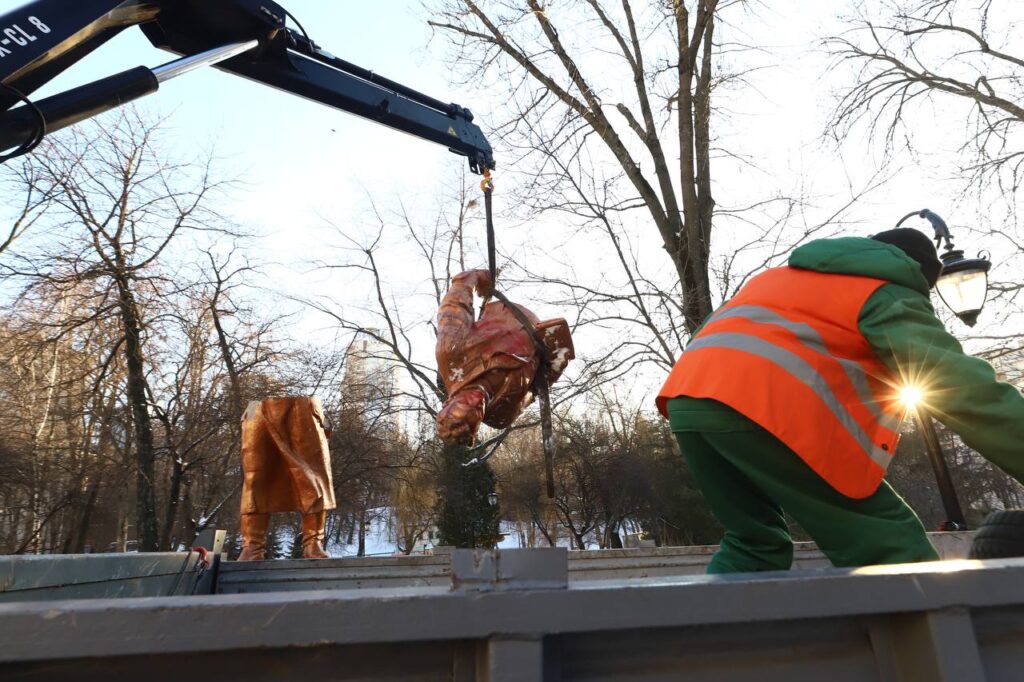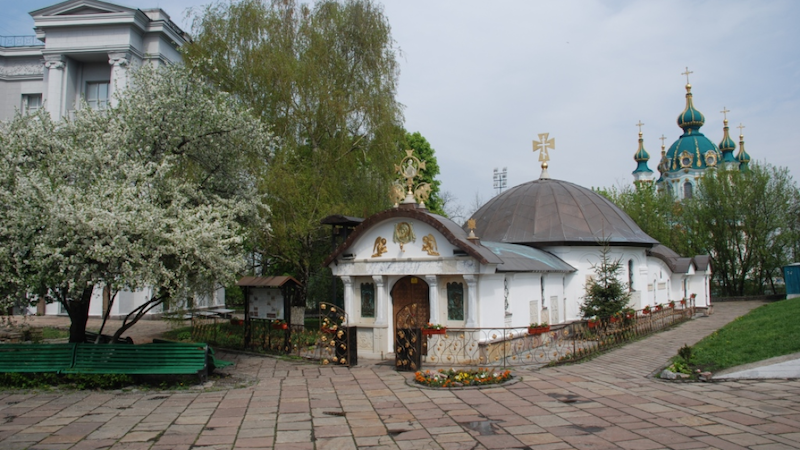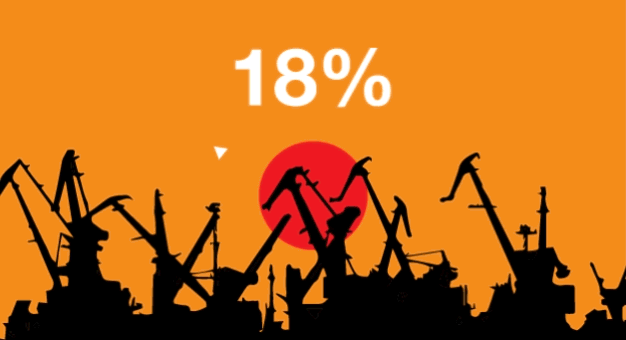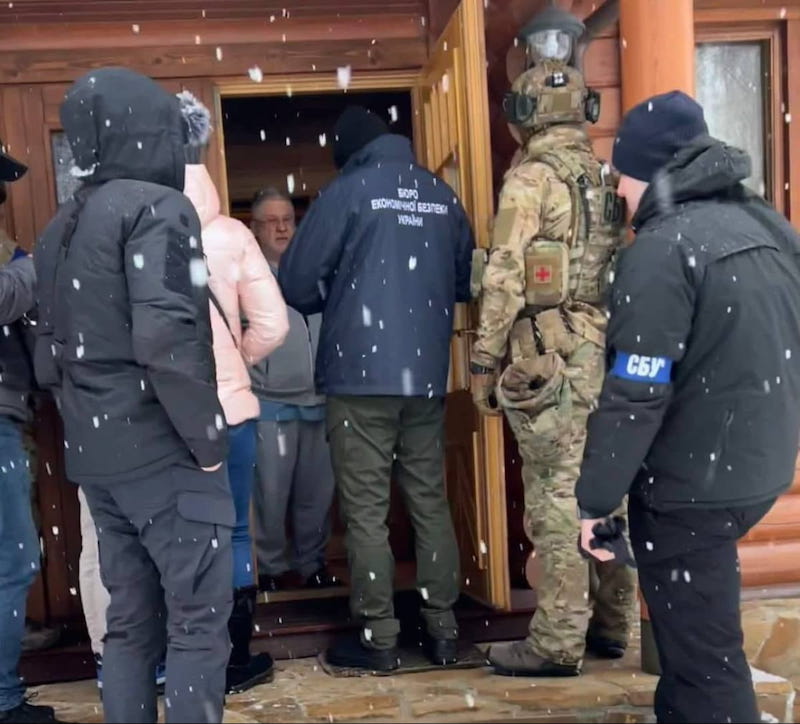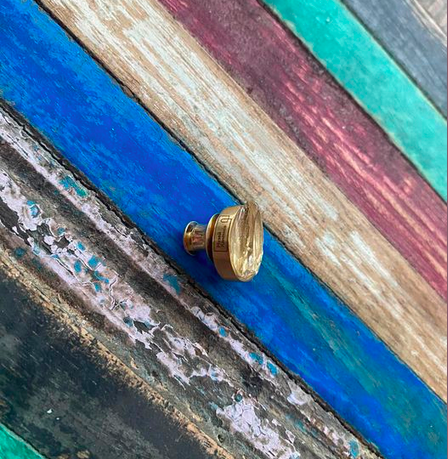In Zaporizhzhia, where I was born and raised, there was a so-called “Lenin Reserve”. Lenin Avenue ended at Lenin Square, where the Lenin monument stood, pointing to the river port and the hydropower station, both named after Lenin. There was logic to this: it was during the early USSR when Zaporizhzhia received a modern makeover, and at that time, a lot of things were named after Lenin.
With the start of Ukraine’s decommunisation in 2015, signs with Lenin gradually disappeared. The last one was at the “Lenin” art gallery near the “Lenin Reserve”. It mocked Lenin’s presence in the city, and ceased to exist in 2020 when its founder died. Now there is almost nothing left of Lenin in Zaporizhzhia.
A few weeks ago, a monument to General Nikolai Vatutin, a Russian-born Red Army commander who liberated the city from the Nazis, was demolished in Kyiv. A year ago, many people were against its removal. Now there are almost no opponents.
Even in Odesa, which was considered Russia-friendly, a monument to 18th century Emperor Catherine the Great was recently demolished. Just a year ago, no one would have imagined this.
The Russian invasion has radically changed attitudes towards everything Russian in Ukraine. Monuments to Russian personalities are disappearing, streets are being renamed, often to their historical names, showing how the Russian Empire and the USSR have entrenched Russian culture in Ukraine.
Now Ukrainians, most of whom were bilingual, are giving up the Russian language, music, literature, and cinema. Putin’s desire to rewrite Ukrainian history and portray Ukraine as a part of Russia has had the opposite effect. And that cannot be stopped, even if the war ends tomorrow.
Now I live in Kyiv, not far from “Minska” metro station, named after the Belarusian capital. Soon it will also be renamed ― probably after Warsaw. This station is on the road to Belarus, from where Russian tanks rolled towards Kyiv in February. And it was this invading force who smashed everything that was still Russian in Ukraine.

